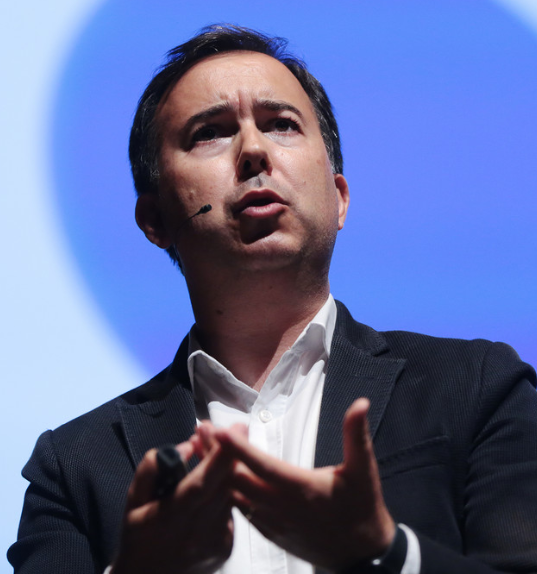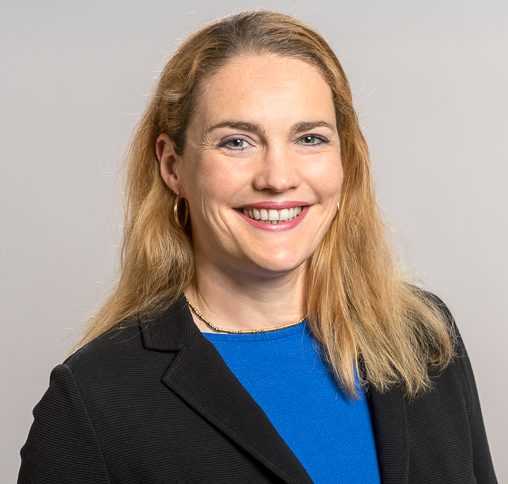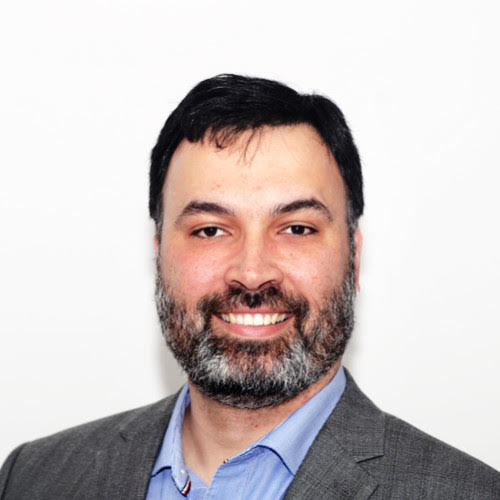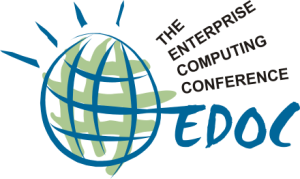All keynotes will take place in the room AÇORES

Wednesday, 10 September 2025, 09:30
chair: José Tribolet
Title: Generative AI – What’s next?
Manuel Dias, National Technology Officer, Microsoft Portugal
Abstract: Generative AI is accelerating innovation across industries, moving beyond content creation to enable intelligent agents that can perceive, reason, and act autonomously. These AI agents are transforming how work gets done (automating complex tasks, orchestrating workflows, and collaborating with humans to solve problems in entirely new ways). With the rise of multimodal models and Retrieval-Augmented Generation, AI systems are becoming more capable, context-aware, and proactive, unlocking new possibilities for product design, customer engagement, and decision-making. As these technologies mature, the next wave of innovation will be driven by the seamless integration of AI agents into daily operations, creating smarter businesses, faster innovation cycles, and entirely new business models.
Bio: Manuel Dias is an Invited Professor at NOVA IMS and Instituto Superior Técnico, teaching in the fields of Data Science and Generative AI. With over 25 years of experience in technology and a strong passion for artificial intelligence, he is the National Technology Officer and a member of the Executive Leadership Team at Microsoft Portugal, where he leads the company’s technological vision and innovation strategy nationwide. Manuel began his career as a software engineer at EFACEC and played a key role in the early growth of OutSystems. Since joining Microsoft in 2011, he has driven major Data & AI initiatives and led highly specialized technical teams, helping accelerate digital transformation and AI adoption across the country. Manuel is also deeply committed to community building. He co-founded and serves as Vice-President of the Data Science Portuguese Association (DSPA) and founded Power BI Portugal, a tech community with over 5,000 members.
Thursday, 11 Sptember 2025, 09:30
chair: Alessandro Gianola
Title: AI-augmented Process Mining and Automation
Stefanie Rinderle-Ma, Technical University of Munich, Germany

Abstract: Process mining and automation have become major technological trends, propelled by recent breakthroughs in artificial intelligence. In particular, generative AI, especially large language models, offers significant potential to revolutionize process discovery from textual data and empower domain experts to build process models through natural language interactions with chatbots. Additionally, process technologies now enable the collection of richly contextualized data, such as sensor inputs, which can be harnessed to enhance process behavior prediction and improve functions like compliance monitoring. This presentation introduces the core principles of conversational process mining, demonstrates how contextualized process data can be captured in a manufacturing environment, and explores key research directions, including predictive compliance monitoring.
Bio: Stefanie Rinderle-Ma is a full professor at the Technical University of Munich, Germany, and holds the Chair of Information Systems and Business Process Management. Her research interests focus on process-oriented information systems, flexible and distributed process technologies, compliance management, as well as production and process intelligence. The overarching goal of her research is to enable and accelerate digitalization and automation through processes and at the same time keep the human in the loop. Application areas comprise manufacturing and health care.

Friday, 12 September 2025, 09:30
chair: Renata Guizzardi
Title: The impact of the FAIR principles on Enterprise Architecture: A critical reflection.
Luiz Olavo Bonino, University of Twente, Holland
Abstract: The FAIR Principles, that aim to improve the Findability, Accessibility, Interoperability and Reusability of digital objects have become a cornerstone of responsible data stewardship. However, their relevance and potential can extend beyond (meta)data management alone. This presentation will explore how FAIR can serve as a foundational lens through which to rethink and reconfigure Enterprise Architecture. By interpreting FAIR as a set of systemic requirements rather than isolated data practices, we can derive actionable architectural principles that support improved organizational agility, transparency, and cross-boundary collaboration. The talk will examine how FAIR can influence the design of enterprise systems, promote semantic and structural interoperability, and inform governance models that ensure consistent data stewardship across business units. Ultimately, we argue that embracing the FAIR principles is not just a matter of better data management—it can be a transformative strategy for architecting organizations that are ready for the challenges and opportunities of the knowledge-driven economy.
Bio: Luiz Olavo Bonino is an Associate Professor in the Semantics, Cybersecurity and Services group at the University of Twente and in the BioSemantics group at the Leiden University Medical Centre. His background is in ontology-driven conceptual modelling, semantic interoperability, service-oriented computing, requirements engineering and context-aware computing. Since 2014, his research has centred on enabling the FAIR principles for data and services. He has been actively involved in the design and development of tools and infrastructures that support the creation, publication, indexing, discovery, evaluation, and annotation of FAIR (meta)data and services. Luiz leads the Dutch national FAIR data team, which is responsible for several foundational technological solutions that operationalise the FAIR principles and advance their adoption across domains.


